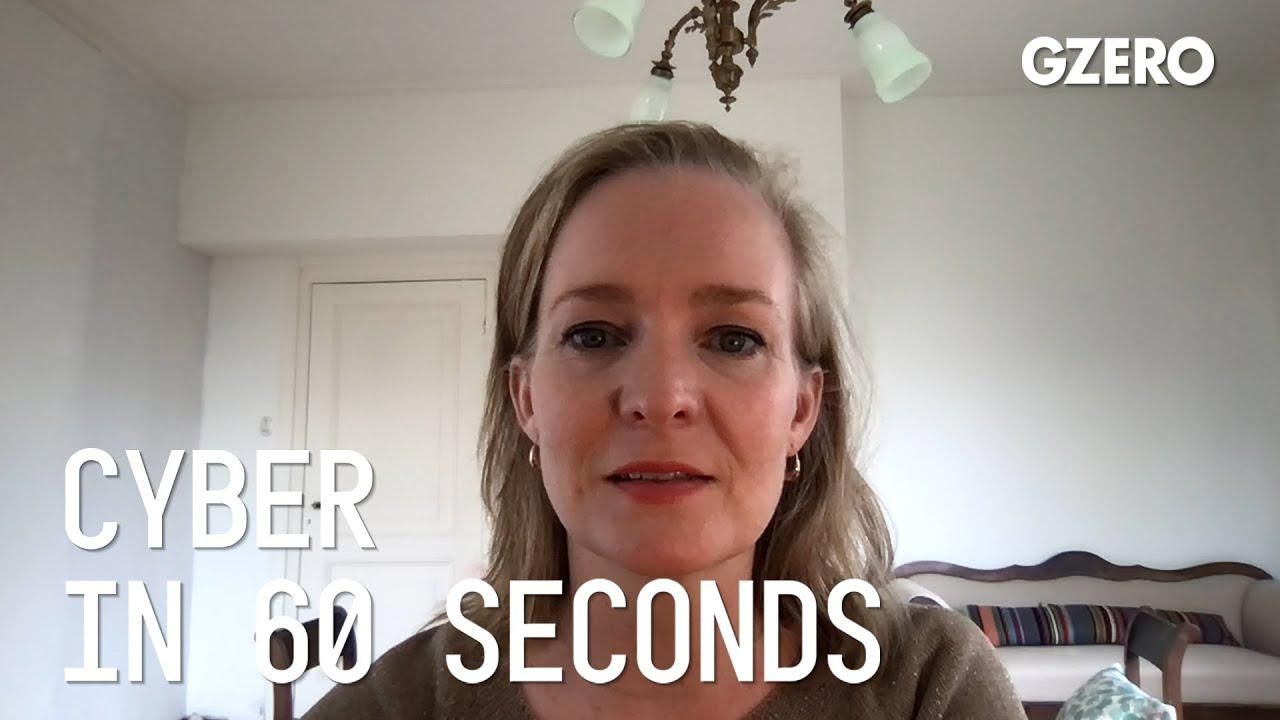Cyber in 60 Seconds
Personal data risks with TikTok; Tesla driverless cars investigation

Personal Data Risks With TikTok | Tesla Driverless Cars Investigation | Cyber In :60 | GZERO Media

Marietje Schaake, International Policy Director at Stanford's Cyber Policy Center, Eurasia Group senior advisor and former MEP, discusses trends in big tech, privacy protection and cyberspace:
Beijing took a stake and a board seat in TikTok owner ByteDance's key Chinese entity. Should I worry about my data on TikTok?
Now, being concerned about where your data ends up is always a good idea, but for underage children, many of whom love video-sharing apps and social media, that question is even more sensitive. And for apps that end up being accessible by governments, and essentially most of them are, you want to be aware of what you share. I recall an account of an American teenager being shut down as they highlighted the human rights violations of Uyghurs in Xinjiang, which is, of course, something that should be highlighted and it's troubling that the video-sharing company intervenes on behalf of a Chinese state agenda.
Tesla is under formal US investigation into Autopilot crashes. Will driverless cars also be more vulnerable to cyberattacks?
Now the simple math suggests yes, because the more software, the more risk. Any smart device, whether it's a fridge, a phone, or a car, can be vulnerable to hacking and attacking. But with self-driving cars, with a lot of software, the risk of attacking or commandeering is easy to imagine. Slamming a hacked car into a crowd can be the dream of terrorists. So, getting more transparency about risks, liability and responsibility for software quality, the security as well as updates are all much needed if trust in the promise of self-driving cars is to lead us to a positive place.
100 million: The number of people expected to watch the Super Bowl halftime performance with Bad Bunny, the Puerto Rican superstar and newly minted Album of the Year winner at the Grammys.
Think you know what's going on around the world? Here's your chance to prove it.
An imminent US airstrike on iran is not only possible, it's probable.
Americans are moving less — and renting more. Cooling migration and rising vacancy rates, especially across the Sunbelt, have flattened rent growth and given renters new leverage. For many lower-income households, that relief is beginning to show up in discretionary spending. Explore what's changing in US housing by subscribing to Bank of America Institute.